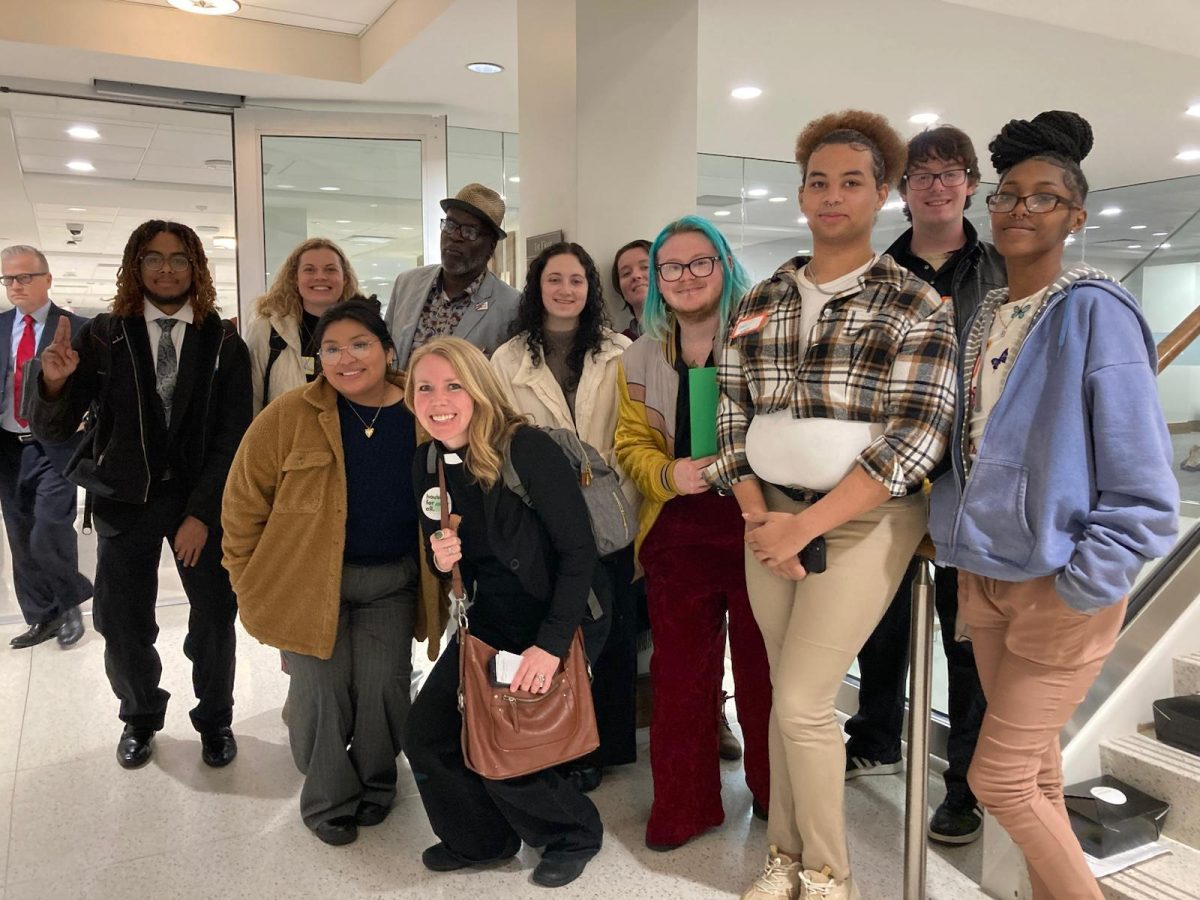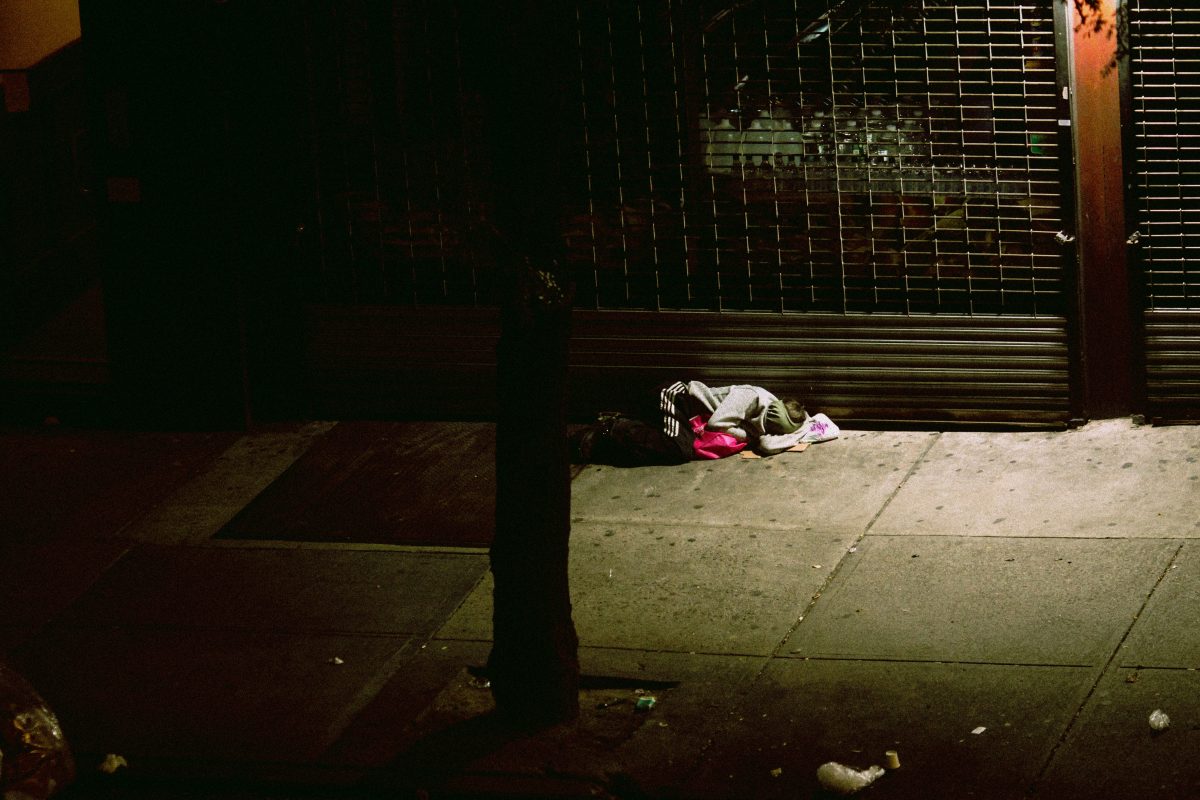Representatives from Memphis homelessness advocacy groups joined other advocates yesterday for the third annual Housing and Homelessness Day on the Hill.
Officials said the group, comprised of 125 renters, unhoused residents, and concerned constituents from across the state, went to the state capitol in Nashville. Participants convened under a coalition named Housing for All Tennessee.
Organizers met with 50 state legislators to encourage lawmakers to address housing issues, homelessness, and protections for renters.
“The intensifying housing crisis is one of the most pressing issues in Tennessee, impacting rural and urban areas alike,” officials said in a statement. “Rents, evictions, and homelessness are on the rise and homeownership is increasingly out of reach. Twenty-eight percent of Tennesseans, and nearly half of all renters, are cost burdened — paying over 30 percent of their income on housing — while the state faces a shortage of over 121,000 rental homes for extremely low income renters.”
Mauri Pinckney, an organizer from the Memphis Tenants Union, said not only is rent constantly on the rise in the state, but landlords often have more rights than tenants.
“[There’s] little to no affordable housing in Memphis,” Pinckney said. “It’s not in a good state at all. Most people are one paycheck away from being homeless. That’s just not acceptable — especially with most of the residents in Tennessee being a part of the working class.”
Pinckney went on to say that the purpose of yesterday’s event was to introduce legislators to the coalition, and to see what their stances are on housing issues and the current state of housing. They also worked to get data on renters and how they can move the affordability crisis forward in a “progressive way.”
Kiera Sowell, youth action board chair for Community Alliance for the Homeless (CAFTH), said they also wanted to convince them to pass bills that would assist the homeless population and tenants.
“[We’re trying] to push them away from the bills like the highway bill,” Sowell said. “We would like people to be able to protest. We want people who are living on the streets and the highways to be able to not have all their stuff taken away, and be able to live comfortably as much as they can while we get assistance to them.”
The proposed legislation in question is Senate Bill 0217 which would require the Tennessee Department of Transportation and other agencies to regulate “the collection, storage, claiming, and disposal of personal property used for camping from the shoulder, berm, or right-of-way of a state or interstate highway, or under a bridge or overpass, or within an underpass, of a state or interstate highway.”
“I just want our legislators and representatives to see that there are real people in these communities, collectives, and companies that have struggled with homelessness and housing insecurity,” Sowell said. “It is something that affects every single person whether or not they’re aware of it. Not only are we in danger of losing our homes and security, but across the nation people are [as well]. If we can be an example to the rest of the states of effective housing assistance, direct change, and advocacy — I hope we can expand that to the rest of the country.”




